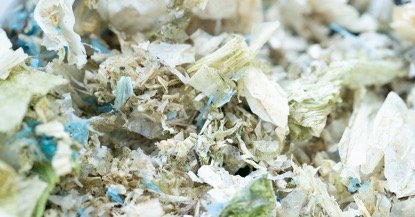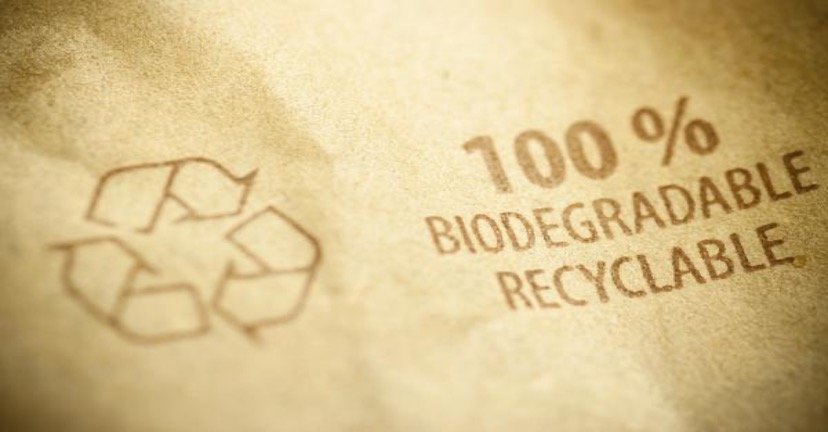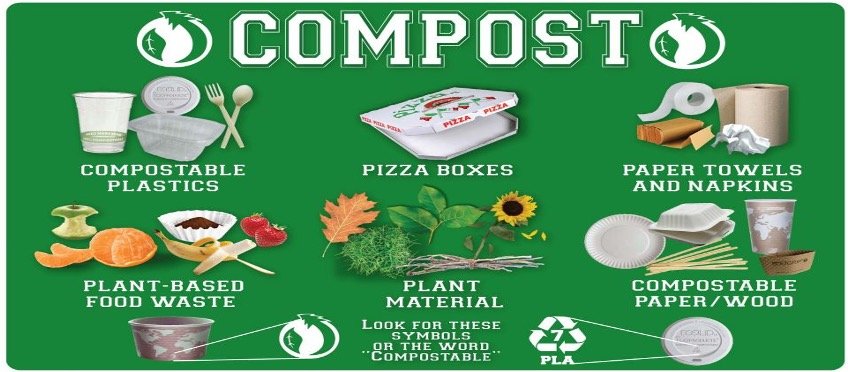Compostable VS Recycled VS Biodegradable
- Time of issue:2021-07-12
Compostable VS Recycled VS Biodegradable
(Summary description)This article is discuss the differences between biodegrable, compostable and recycled material.
- Time of issue:2021-07-12
- Views:
Nowadays, with the development of the takeaway industry, the consumables of foodservice products are switching from traditional disposables to eco-friendly options.
However, when searching for eco-friendly foodservice products, you might be confused about “Degradable”, “Biodegradable” and “Compostable”.
This article will explain the definition and difference of degradable, biodegradable and compostable products, hope it will help you to choose products.
Degradable, biodegradable, compostable products, their raw materials and degradation conditions are different.
Most of the degradable products are oil-based, and the degradation of these products requires the assistance of chemicals rather than the organic degradation of microorganisms. Different from Biodegradable products, degradable products are required to be degraded in specific natural environments such as anaerobic environments. The most common way is landfill.

In addition, degradable products cannot be completely degraded into organic substances. On the contrary, their degradation is more like physical decomposition, and debris remains after degradation. Micro-debris will remain after degradation. For example, the degradation of degradable plastics will actually leave micro-plastic fragments, which may migrate to groundwater and soil and be absorbed by plants and animals, causing a major problem in the food chain.
Biodegradable products can be degraded into natural elements such as carbon dioxide and water vapour through bacteria, fungi. If only from the perspective of biodegradation, almost everything around us can be biodegradable but be distinguished by the duration of time. Some substances can be completely degraded in a few days, months and years, while the other side may take hundreds of thousands of years or even longer times. Furthermore, biodegradable products have several advantages over degradable products.

- The degradation rate of biodegradable products is generally faster than degradable products.
- Biodegradable products are almost harmless to the environment. The products after degradation are carbon dioxide, water, organic matter and so on.
- Most of the materials for biodegradable products are made from sustainable materials (such as corn starch or sugarcane), which makes fuel efficiency.
- Biodegradable products refuse landfill, reducing the pressure of land resources.
Compostable products are degraded by microorganisms. Comparing with biodegradable products, it has definite limits on the time and standard of degradation. In the industrial composting environment, according to EN13432 standard, the biodegradation rate of compost should reach at least 90% within 180 days. It is worth mentioning that compostable products are not recyclable. If compostable products are mixed with other recyclable products, recycling pollution will happen.

In conclusion, degradable products should be degraded under specific environmental conditions. This change is not due to the activity of microorganisms. In contrast, biodegradation requires degradation by microorganisms (e.g. bacteria, fungi) over a period of time, and no limitation of non-toxic residue and duration of time. All those limitations will exist in compostable products, at least 90% degradation rate within 180 days without any toxic residue left.

Get A Quote
Contact Info
722, Guan Hua Building
No.2220 Yue Liang Wan Ave.
Nanshan District, Shenzhen, China 518054
+86 755 86959419
Copyright 2021. BEECO. All rights reserved. 粤ICP备2021064928号
